Hysteroscopic Polypectomy Cost in India
Unlock Exclusive Discount : Your Gateway to Premium Healthcare with Medsurge India Health Value Card.

Unlock Exclusive Discount : Your Gateway to Premium Healthcare with Medsurge India Health Value Card.


Hysteroscopic polypectomy is a surgery where tissue growths or polyps found in the uterus are removed. Polyps are abnormal tissue growths that extend into the internal cavities of the body. The majority of these growths are not cancerous; however, some of them are pre-malignant or malignant. Uterine polyps are commonly observed in elderly women especially those that have gone through menopause. Depending on the type of the polyps, they can reach big sizes, applying pressure to neighboring organs, impeding blood flow, and causing a number of uncomfortable symptoms.
A hysteroscopic polypectomy and myomectomy are procedures that can effectively address uterine polyps and uterine fibroids, respectively.
These benign growths may lead to a range of symptoms, such as heavy menstrual bleeding, pelvic discomfort, and pressure, and they can also have implications for fertility.
Unfortunately, many people with polyps go through their entire lives without knowing that they have polyps. It is recommended that they undergo a screening test upon the onset of symptoms. Polyps are often discovered while the patient is being screened for an unrelated illness. Many individuals opt for a screening test to determine the presence of polyps, subsequently leading to a polypectomy for their removal.
Numerous elements impact the expenses associated with Hysteroscopic Polypectomy Cost in India. The major driver of cost is the patient’s medical condition. Hysteroscopic Polypectomy Cost in India can cost anywhere from₹25,000 to ₹50,000 (300 USD to 600 USD).
| Cities | Price Starting From |
| Delhi | 300 USD |
| Noida | 250 USD |
| Gurgaon | 300 USD |
| Chennai | 350 USD |
| Mumbai | 350 USD |
| Bangalore | 350 USD |
| Kolkata | 250 USD |
Please keep in mind that the cost of the treatment will vary depending on various factors. Below are the factors that can affect the cost of the treatment.
Here are several key factors that influence the expenses associated with Hysteroscopic Polypectomy Cost in India:
Hospital or clinic’s location: The cost of care in a private hospital or clinic is often higher than that in a public hospital.
Medication costs: Certain medicines can influence the overall cost of Hysteroscopic Polypectomy in India.
Patient Condition: The complexity of the patient’s overall health can affect the duration of treatment, impacting the cost.
Duration of treatment: Longer treatment courses involving multiple visits can lead to higher cumulative costs.
The expertise and experience of medical professionals: Urologists with extensive experience and recognition often command higher fees, contributing to the treatment cost.
The preparation required for a polypectomy is influenced by the location of the polyp and the surgical method employed. In cases involving uterine polyps, local anesthesia is administered, which does not necessitate any further preparatory steps. The hysteroscopic polypectomy procedure commences with the incision of the polyp from one free edge to the other, ensuring that the removal is executed without damaging the myometrium. Various instruments are utilized during this procedure, including:
– Mechanical instruments
– Knife and loop electrodes
– Biopsy forceps, grasping forceps, and scissors
– Morcellators
– Hysteroscopic polyp snare
– Versa point bipolar electrodes
A scope is introduced into the vagina via the cervix and uterus, allowing the physician to obtain a clear visualization of the polyps. The physician may select from several removal techniques as outlined below.
Indian hospitals that provides the best treatment for hysteroscopic polypectomy are as follows:
The following are some typical dangers and side effects of polypectomy surgery:
A: Surgery for polypectomy is done for the following reasons:
A: Most women recover from surgery in the first week or two, but for a few weeks afterward, avoid lifting, pushing, or tugging any heavy objects. Wait to begin sexual activity or dating until your doctor gives the all-clear. It takes roughly two weeks for complete recovery to allow for internal mending.
A: Polypectomy is a minimally invasive surgical treatment. The majority of polypectomies don't even need making any incisions to access the polyp. Usually, they can be treated internally by inserting medical devices through your body's natural openings.


Urologist
Senior Consultant & HOD
21+ Years
Care Hospital, Banjara Hills, Hyderabad
View Doctor

Urologist and Renal Transplant Specialist
Senior Consultant
12+ years
Care Hospitals HITEC City
View Doctor
Urologist and Renal Transplant Specialist
Consultant
10+ years
Care Hospitals HITEC City
View Doctor



Urologist
Head of Department
15+ Years of Experience
MASSH Super Specialty Hospital
View Doctor
Urologist
Senior Consultant
31+ years of experience
Manipal Hospital, Panaji, North Goa
View Doctor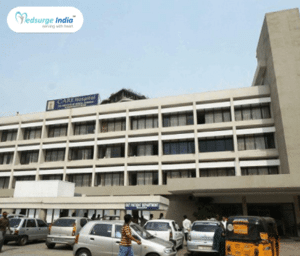
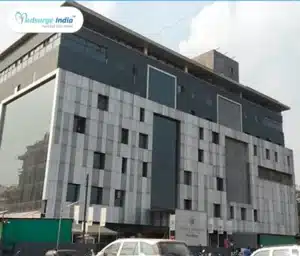
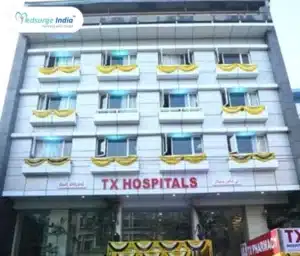
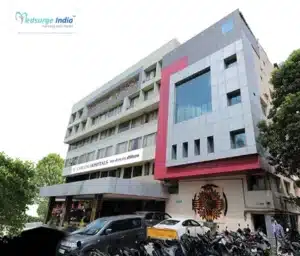



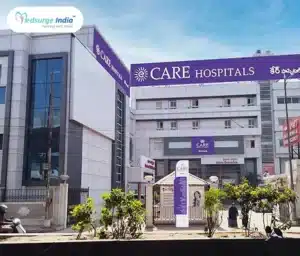
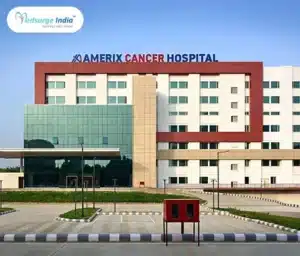
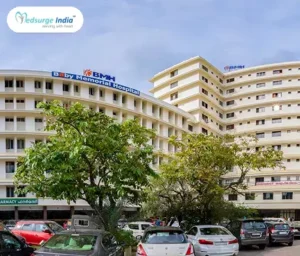
By using our site, you agree to our Terms and Conditions, Privacy Policy and Refund Policy. Medsurge India provides reliable healthcare information and treatment options to support informed decision-making. Our content is designed to support and complement the guidance of your treating doctor, helping you feel informed and confident throughout your healthcare journey. We also Accept International Payments.

Copyright © 2025 NSM ONLINE SOLUTIONS PRIVATE LIMITED. All rights reserved.